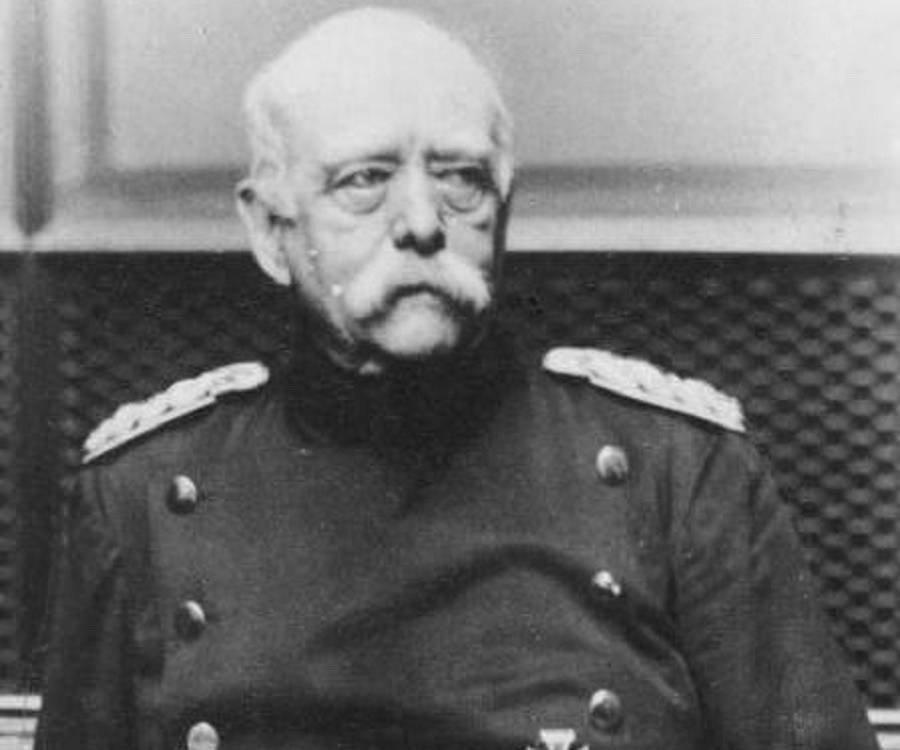Otto von Bismarck, the Chancellor of Germany, when he was arguing for his 1883 Welfare-State law proposals:
“That the state should assist its needy citizens to a greater degree than before is not only a Christian and humanitarian duty, of which the state apparatus should be fully conscious: it is also a task to be undertaken for the preservation of the state itself. The goal of this task is to nurture among the unpropertied classes of the population, which are the most numerous as well as least informed, the view that the state is not only a necessary but also a beneficent institution.”
So government welfare is:
1. a political application of Christianity, and
2. a way to get the “unpropertied classes” to think well of the state and
3. become dependent upon it, thereby
4. ensuring the unpropertied’s ongoing support of the state.
Populist political calculations like this have a long history, but populists don’t often state their tactics so publicly.
Source:
Quoted in Ron Hamowy, “The Genesis and Development of Medicare,” in Roger D. Feldman (Ed.), American Health Care: Government, Market Processes, and the Public Interest (Oakland: The Independent Institute, 2001), p. 54.
